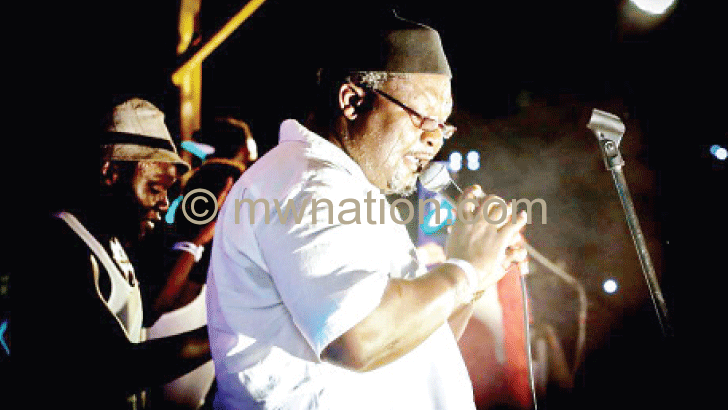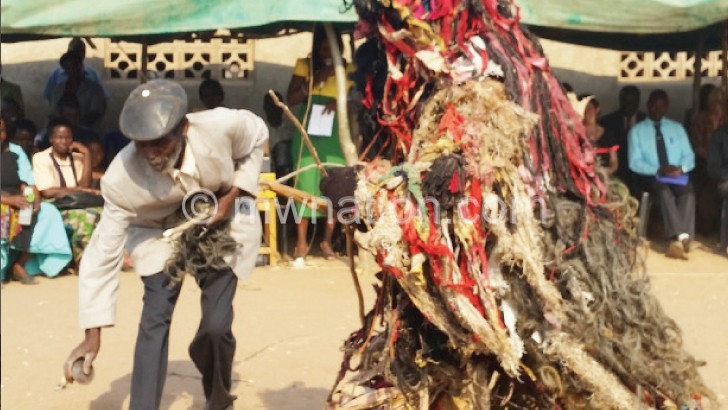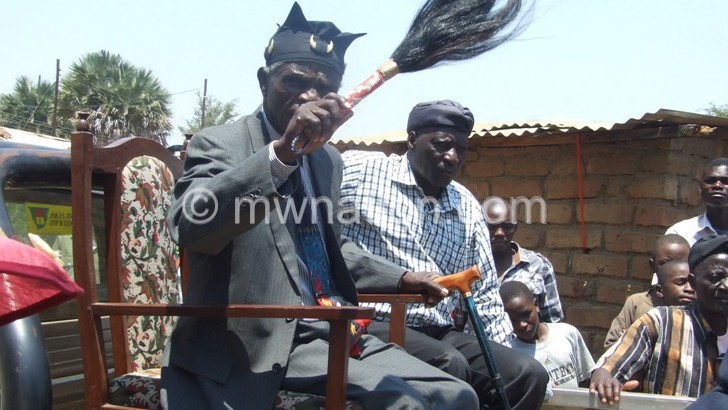Chronicles of Livingstone, culture

“Dr David Livingstone was a great Scot who achieved many great things. He was one of our greatest explorers who forged enduring links between Scotland and Malawi, and as a writer, medic and tireless campaigner against the slave trade, left a long and lasting legacy from those travels,” words of Scotland External Affairs Minister Humza Yousaf during the bicentenary celebrations of the missionary early this year.
Yousaf added that the missionary treated those he met as his equals and worked in partnership with Malawians, which forms the basis of Scotland’s friendship with Malawi to this day.
Similar sentiments were echoed on Tuesday by Malawi Minister of Tourism and Culture Grace Mazombwe-Zulu and Jilly Burns of Scotland National Museums at the launch of the David Livingstone Exhibition at Chichiri Museum.
The exhibition highlights the missionary’s legacy his tremendous contribution in the development of Malawi.
Livingstone’s greatness is laid bare in that not even a broken shoulder bone he sustained from the bite of a lion could stop him from bringing the three Cs—Commerce, Christianity and Civilisation to Africa.
Civilisation
Though David Livingstone learnt reading and writing from his father, he never took away from others the chance to learn as he considered education the basis of civilisation. As a result of his influence the three R (3Rs)—Reading, Writing and Arithmetics were introduced by the missionaries.
Christianity and culture
The thin line between culture and religion is so apparent in most African societies, Malawi inclusive. The coming of Livingstone with Christianity, meant a war on some traditional practices.
For instance, Gule waMkulu which is also called Pemphero la likulu (great
prayer) is more than just a cultural activity. The masks are perceived as spirits bridging the living and the dead.
Many tribes in Nyasaland believed in spirits and offering of sacrifices. The Maseko Ngonis for instance, have Kukhwisula pa Manda ceremony.
With such a complexity in cultural activities, it was extremely difficult to bring Christianity without abolishing some of the cultural practices.
Commerce
Slave trade was rampant when Livingstone came to Nyasaland. It was not easy for him to abolish the trade—as it was people’s economic activity. There was need to introduce a new economic activity. Hence, the introduction of African Lakes Company which later came to be known as Mandala.
The Nyasa people were deep-rooted in their cultural beliefs—both positive and negative that it was not easy to let go of their culture.





